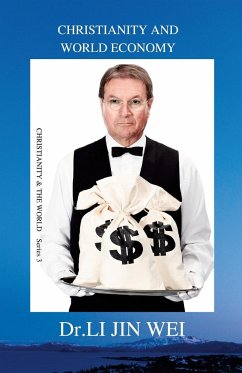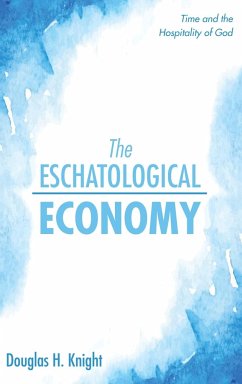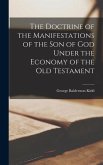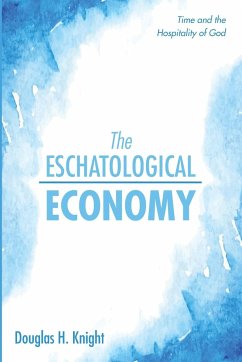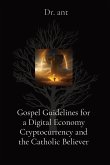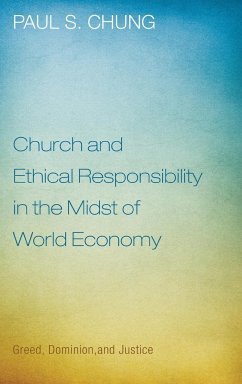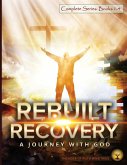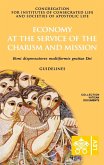This book examines the relationship between politics, economic development, and religion while outlining the prevalence of international standards of religious interaction with institutions of development and thought. It describes the disagreement and the severing of the connection between the realms of development and faith and its integration. It shows how the political view of religious politics and development is changing in different parts of the world by quoting what is happening in several countries such as Morocco, Guatemala, the Philippines, Kenya, and Cambodia. Emphasis on the religious side of the Global Economy and the broader politics of development. The two most significant and most influential religious actors are the Catholic Church and Islam. Both world capitalism and Christianity are devout systems. Based on the facts, In the past, Christianity was essential to the formation of capitalism and continued to have strong ties with it. However, some of the most vigorous opposition to international capitalism began amid Christianity. In harmony with religious convictions, both developed steadily, even though Christianity promoted the idea of a poignant and impending end, connected with the concept of human nature. The main goal is to reveal more about the Christian perspective, as it resists the proper accumulation of wealth and power and the damage associated with social relations. It also opposes unlimited debt collection, a feature of modern capitalism linked to its nihilism. Christianity is the deity of man in the economy when it promotes free competition and the protection of property rights and encourages people to share good behaviour. Religious economics is a new field of economic research. This book has two purposes. It looks back because it traces the historical and social background of the industry, and it looks forward because it examines the data and research themes provided to economists to investigate religion around the world today. Plenty of aspects have contributed to the economic impact of religion: (1) new developments in theoretical models that include examples of religious market places and evolutionary models of religious elements; (2) an experimental activity addressing the economic identification of a new way of assessing the underlying causes of religious behaviour; (3) a new study in the history of religious economics that considers religion to be independent rather than dependent evolution.
Hinweis: Dieser Artikel kann nur an eine deutsche Lieferadresse ausgeliefert werden.
Hinweis: Dieser Artikel kann nur an eine deutsche Lieferadresse ausgeliefert werden.

